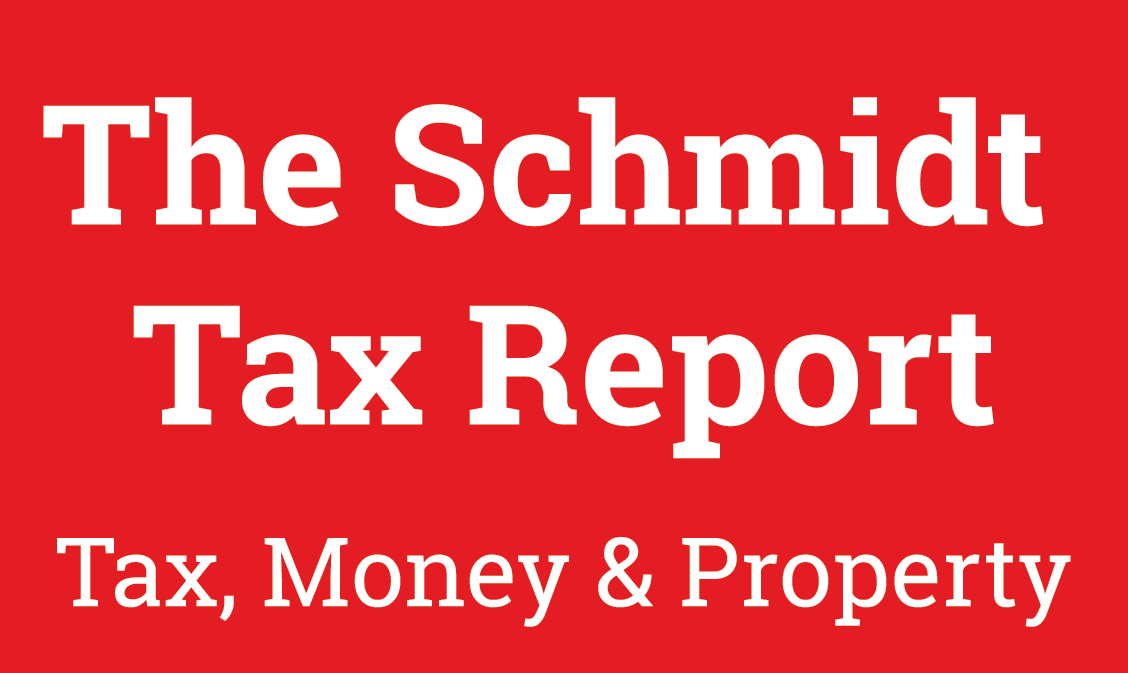Have trusts had their day? They are certainly looked at askance by HMRC, who sponsored a devastating attack on the creation of trusts in the 2006 Budget. However, that may be an indication that the rest of us might be missing something by not considering their advantages!
This month we’d like to focus specifically on the idea of trusts for young people: particularly those under 18.
Arguably, it’s at this age where trusts are most appropriate in any case. Even in these days of liberal and lax parenting, most of us feel that trusting children with the control of large sums of money or other assets would be a foolish thing to do. So a trust, which is an arrangement where you hold the value on their behalf, but don’t allow them unrestricted access, is a good compromise between keeping all the money yourself (and hence potentially exposing it to inheritance tax, apart from other considerations) and handing over complete control to the youngster.
And, surprise, surprise, trusts for minors can have income tax advantages too.
Let’s consider the situation where the household income is more than about £85,000 gross per annum. Even with two parents arranging things so that they are receiving this income evenly split, there will still be an element of tax chargeable the 40% rate. Also, everyone has a personal allowance of over £10,000, which is the level at which one starts paying tax. If the personal allowances of the children in the household are not being utilised, then they are wasted: because you can’t carry a personal allowance forward to the next year.
Presumably for this reason parents used to set up trusts for their children under which they controlled the capital, but could make payments of income which wouldn’t be taxable because they would be within the children’s allowances.
We say “presumably” because there are longstanding rules in the tax law to stop parents doing this, now. Any income receivable by a minor child as a result of arrangements made by their parents will be treated as the parent’s income for tax purposes.
So where does this leave the idea of trusts for minors? Their inheritance tax advantages can be taken as read, because the amount held on trust, providing the person creating the trust can’t benefit, is outside that person’s estate once 7 years have passed.
From the capital gains tax point of view, minors’ trusts tend to be fairly neutral, with generally the same rate of tax and a fairly similar annual exemption being available.
Concentrating on income tax, though, consider the following two uses of trusts for minors:
- Increasingly frequently, the person setting up the trust for the minor child is not the parent but one or both of the grandparents, or less frequently, other relations such as uncles and aunts. The rules against diverting income to minors don’t apply to grandparents, only parents. So this rule is most useful in situations where generation one, so to call it, was considering helping out generation two, but is conscious that giving generation two money will simply result in income on which they will pay higher rate income tax. Instead, again parents can make a direct transfer to a trust for generation three. In this way the extra income coming into the household of generations two and three can be tax free up to the amount of each relevant child’s personal allowance. Even above this, there is quite likely to be an advantage in that child being taxable at the basic rate of 20%, if the alternative was their parents paying 40% or 45%.
- The other situation where a trust for minors can be advantageous is where the income is not distributed, but rolls up within the trust. Providing the income isn’t added to capital, it may be possible to pay it out to the children once they have passed the magic age of 18. This sort of arrangement has the disadvantage, if the trustees are UK resident, of giving rise to a 45% tax charge on the trust’s income each year. However, this tax can be reclaimed as and when the income is paid out to the beneficiaries, and the repayment might be the whole 45% that the trustees have previously paid, if the beneficiary’s applicable tax rate is zero. If their tax rate is 20% at the time, 25% will be refunded, and so on.
Where the sums in question are big enough, then, there may be something to be said for an offshore trust in situation 2. If the types of income receivable are types which are not already subjected to income tax at UK rates, the benefit of this arrangement is often that the income can be rolled up within the offshore trust tax free. Always bear in mind, though, the countervailing costs of running a trust offshore.
